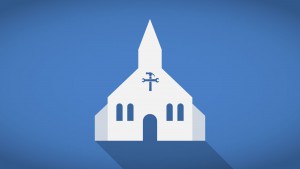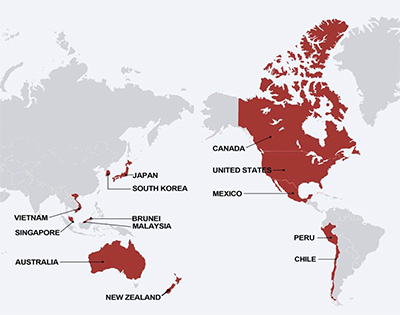 There are many factors that account for a country’s economic freedom (or lack thereof), but one of the most overlooked is the role of religion.
There are many factors that account for a country’s economic freedom (or lack thereof), but one of the most overlooked is the role of religion.
Can economic freedom be explained by religion, independently of political institutions? That’s the question researchers at an economics think-tank in Germany attempted to answer. Their findings:
We investigate whether religion affects economic freedom. Our cross-sectional dataset includes 137 countries averaged over the period 2001-2010. Simple correlations show that Protestantism is associated with economic freedom, Islam is not, with Catholicism in between. The Protestant ethic requires economic freedom. Our empirical estimates, which include religiosity, political institutions, and other explanatory variables, confirm that Protestantism is most conducive to economic freedom.
The researchers found that there is something to Max Weber’s claim about a Protestant Ethic after all:
(more…)





 A new collection of essays titled Christianity and Freedom: Historical Perspectives edited by Samuel Shah and Allen D. Hertzke explores the ways that Christian beliefs and institutions have made contributions to the freedoms that are cherished by both Christians and non-Christians today.
A new collection of essays titled Christianity and Freedom: Historical Perspectives edited by Samuel Shah and Allen D. Hertzke explores the ways that Christian beliefs and institutions have made contributions to the freedoms that are cherished by both Christians and non-Christians today. While many Christians have undermined human liberty,
While many Christians have undermined human liberty,  What is the Trans-Pacific Partnership?
What is the Trans-Pacific Partnership?





